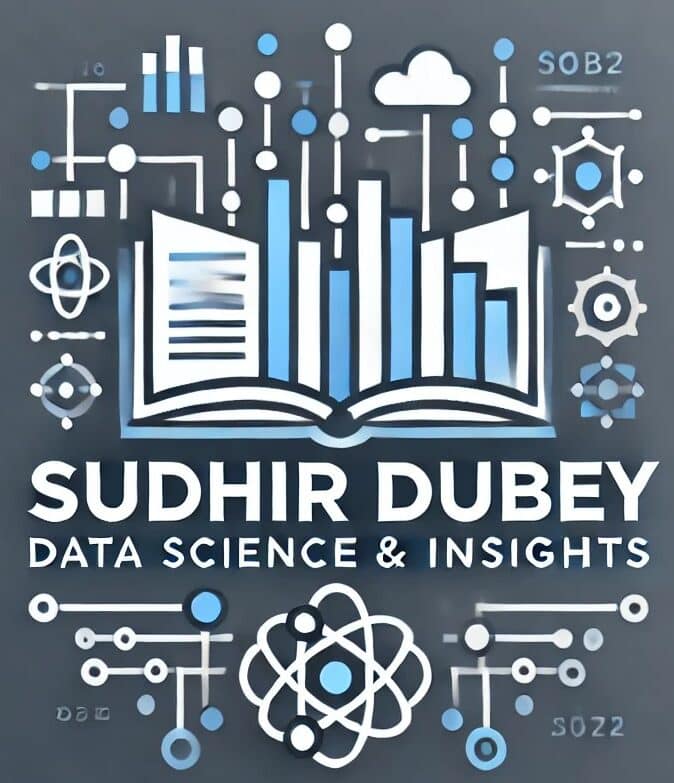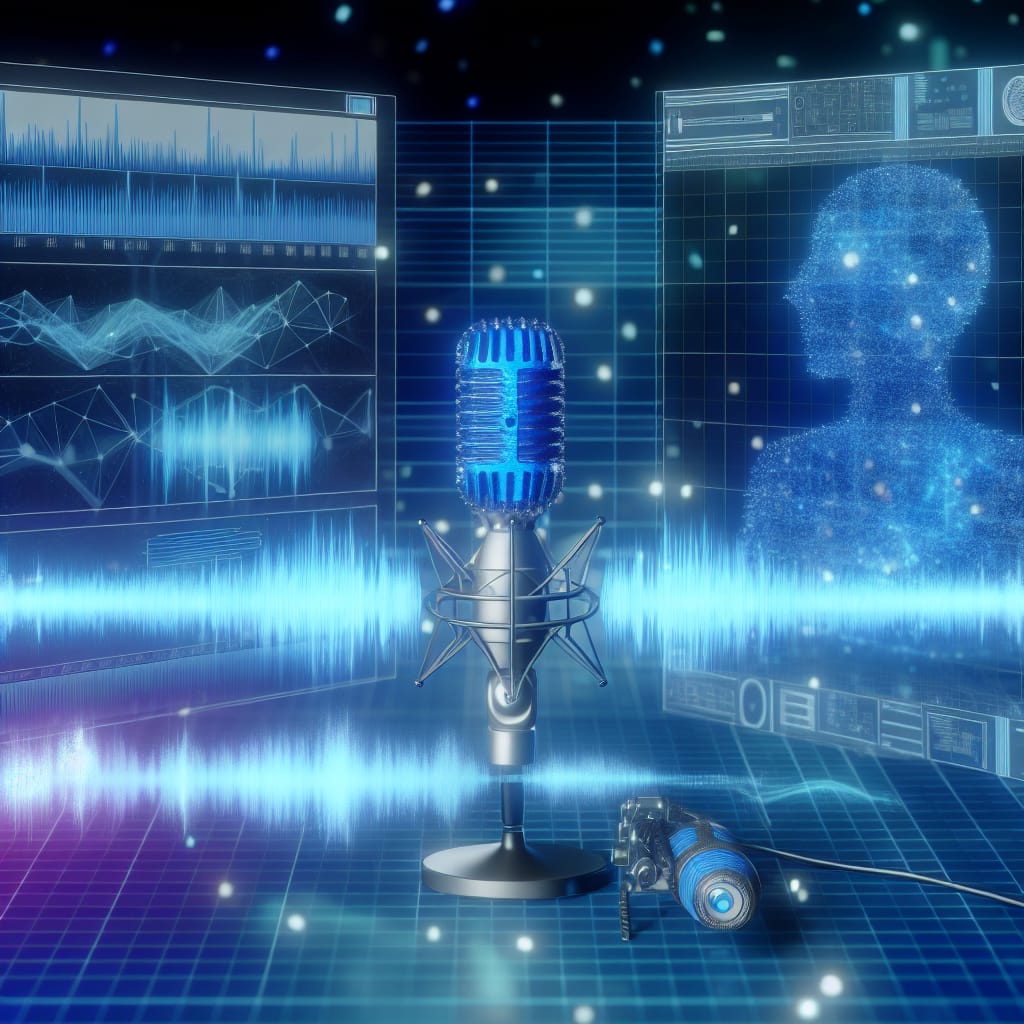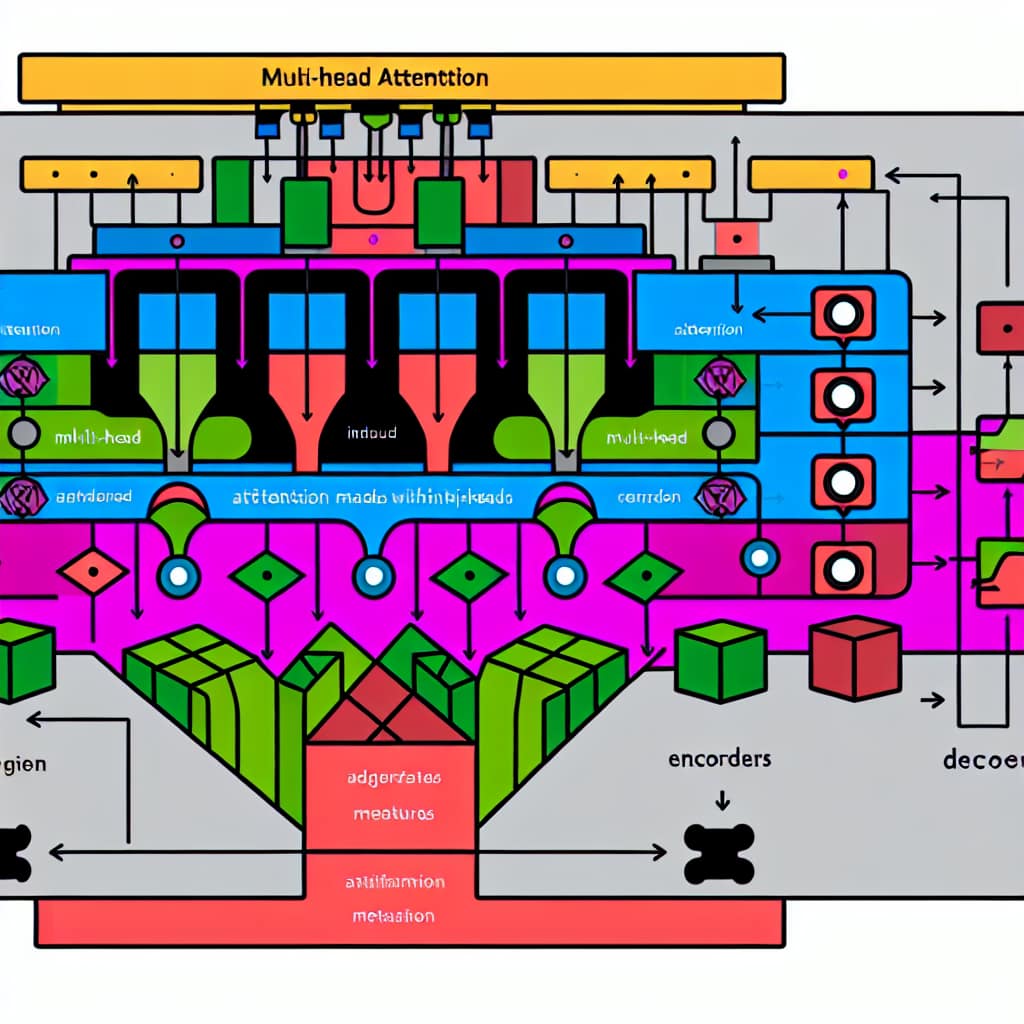Generative AI in Voice Cloning and Speech Synthesis: 2025 Essential Insights
Advanced Applications of Generative AI in Voice Cloning and Speech Synthesis
Generative AI is transforming voice cloning, enabling the creation of highly realistic and customizable voices. TTS systems now allow for more dynamic and context-aware responses, significantly improving user interaction in applications like chatbots, virtual assistants, and automated customer service platforms. The entertainment industry also benefits from these technologies by replicating the voices of actors and musicians, extending their presence beyond traditional media formats.
Educational tools leverage voice synthesis to provide diverse auditory experiences, accommodating multiple languages and dialects, thus making learning more accessible globally. In healthcare, personalized speech synthesis aids those with speech impairments, offering voice-activated solutions tailored to individual needs while maintaining privacy and security.
Emerging Frameworks and Technologies
OpenAI’s research initiatives continue to innovate in voice synthesis, focusing on making voice models more adaptive and contextually aware. Companies like Google and Amazon are developing frameworks that integrate advanced neural networks for more fluid voice interactions in smart devices. The adoption of Generative Pretrained Transformer (GPT) models has made it possible to fine-tune voice outputs with minimal data, speeding up deployment in commercial solutions.
Open-source frameworks like PyTorch and TensorFlow provide robust libraries for building and training TTS models, enabling developers to experiment and implement customized solutions across various platforms. These frameworks support extensive research and development, fostering a community-driven approach to enhancing voice synthesis technology.
Real-world Examples and Case Studies
One notable example of advanced voice cloning is Lyrebird AI, which offers API services for developing applications with voice features that require high fidelity and minimal training data. Similarly, Replica Studios provides AI-driven voice-over services that automate the process of creating uniquely expressive character voices for games and videos, illustrating the commercial potential of voice synthesis technologies.
In the public sector, voice synthesis has been implemented in state-funded education programs to help visually impaired students, demonstrating how technology can bridge accessibility gaps and enhance learning engagement. These examples underscore the diverse applications and significant socio-economic impact of Generative AI in voice technologies.
Frequently Asked Questions
What are the ethical considerations in voice cloning?
Concerns include unauthorized reproduction, potential misuse in creating misleading or harmful content, and the need for robust user consent protocols.
How does voice synthesis enhance smart home devices?
It allows for more intuitive and personalized interaction with devices, improving user experience through natural dialogue and context-aware responses.
Can voice synthesis be used in real-time applications?
Yes, advancements in processing speed and AI technologies enable real-time voice synthesis, crucial for applications like live translations and interactive gaming.
Are there any limitations to current TTS systems?
Challenges remain in achieving perfect prosody and emotional nuance, which are critical for creating truly lifelike and engaging synthetic voices.
Conclusion
Generative AI is revolutionizing voice cloning and speech synthesis, offering near-limitless potential in numerous fields, from customer service to entertainment and beyond. The future holds promise with increasingly sophisticated systems that can mimic human speech with emotional depth and nuance, opening new avenues for AI interaction. As AI and data science professionals delve deeper into these technologies, they are encouraged to stay abreast of industry trends and ethical considerations.
For more insights and updates in the world of AI, do consider subscribing to our newsletter and exploring additional resources on our site. Join us as we navigate the exciting possibilities that lie ahead in voice synthesis technology.



